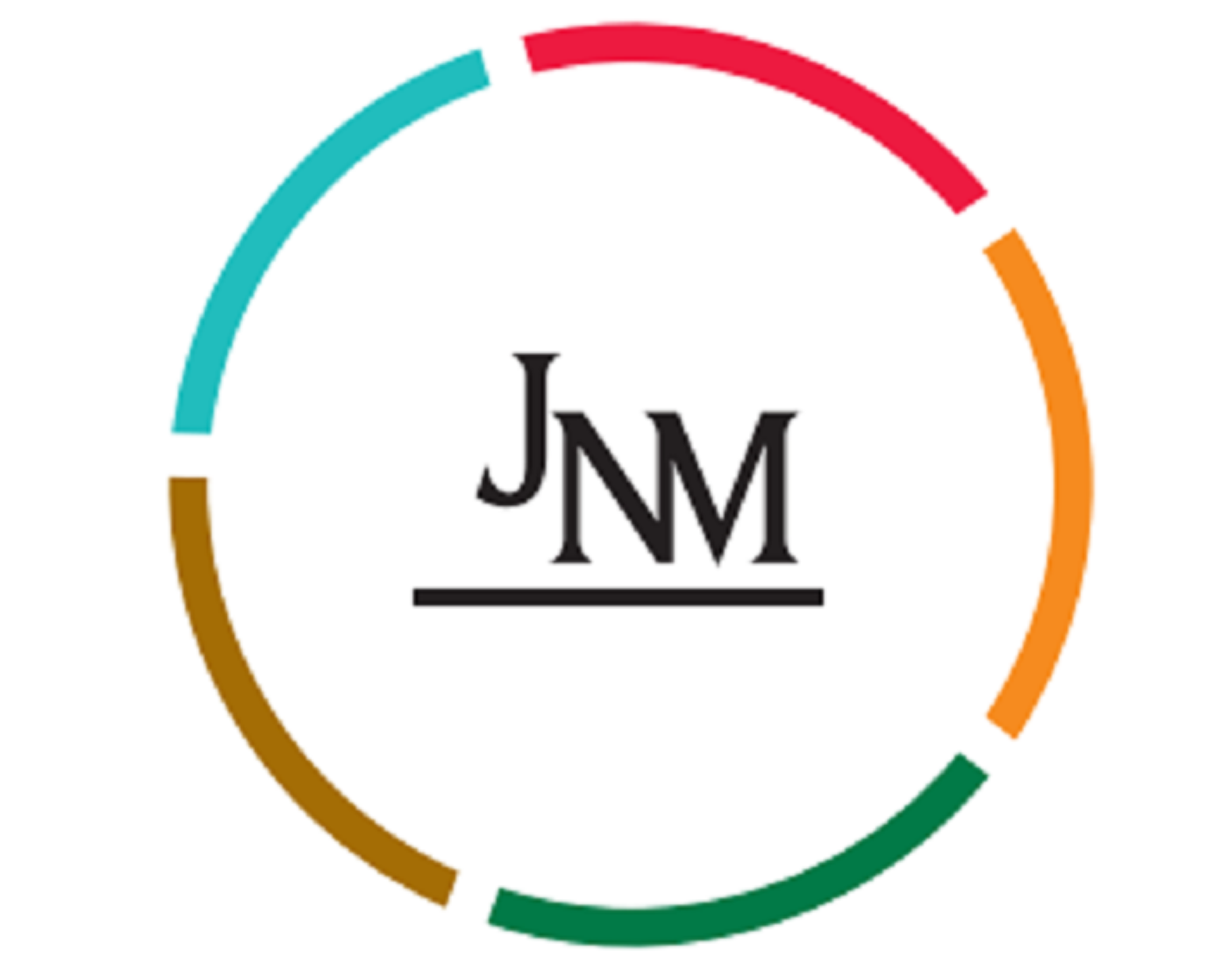
From October 2023 onwards, the mandatory registration of Class C and D medical devices in India will require conformance with the Quality Management System (QMS) requirements, as per the Indian Medical Device Rules (IMDR) 2017.
n India, medical device registration and regulations are governed by the Central Drugs Standard Control Organization (CDSCO), which issued the IMDR in 2017.
Compliance with Schedule V is crucial for demonstrating that a manufacturer’s QMS is effective and meets the Regulatory norms. Non-compliance with the IMDR Schedule V requirements can result in delays in the registration process, fines, and the withdrawal of a product from the market.
The following are some of the steps that medical device manufacturers can take to achieve compliance with the IMDR 2017.
- Identify IMDR Requirements Based on Device Classification
The IMDR classifies medical devices by their intended use, duration of use, and other factors.
- Develop and Implement a QMS that Meets the Requirements of Schedule V of the IMDR
This involves developing policies and procedures that cover all aspects of device design, development,
manufacturing, and distribution.
- Develop Policies and Procedures that Cover All Aspects of Device Design, Development, Manufacturing, and Distribution
This includes policies for risk management, design controls, complaint handling, labeling, packaging,
and sterilization. The policies and procedures should be regularly reviewed and updated, as and when necessary.
- Establish Effective Processes for Quality Control (QC), Risk Management, and Corrective and Preventive
Actions (CAPA)
This involves implementing processes to ensure that devices are manufactured in accordance with the QMS and Regulatory requirements, potential risks are identified and managed, and CAPAs are taken, whenever required.
- Regular Internal Audits
Internal audits provide manufacturers with an opportunity to identify areas for improvement and ensure
that CAPAs are taken to address any non-conformities in the system.
- External Audits from Third-party Organizations
External audits can provide manufacturers with a fresh perspective on the QMS and help them idetify areas that
need to be improved. External audits can provide feedback and ensure continuous IMDR compliance.
In conclusion, if you are a Class C or D medical device manufacturer looking to sell your product(s) in India, it is important to follow the above steps to ensure compliance with the IMDR 2017 requirements.
For more information, please refer to the link below.
If you have any questions about medical device certification,
Please contact us with the below.
info@jnmglobal.net
